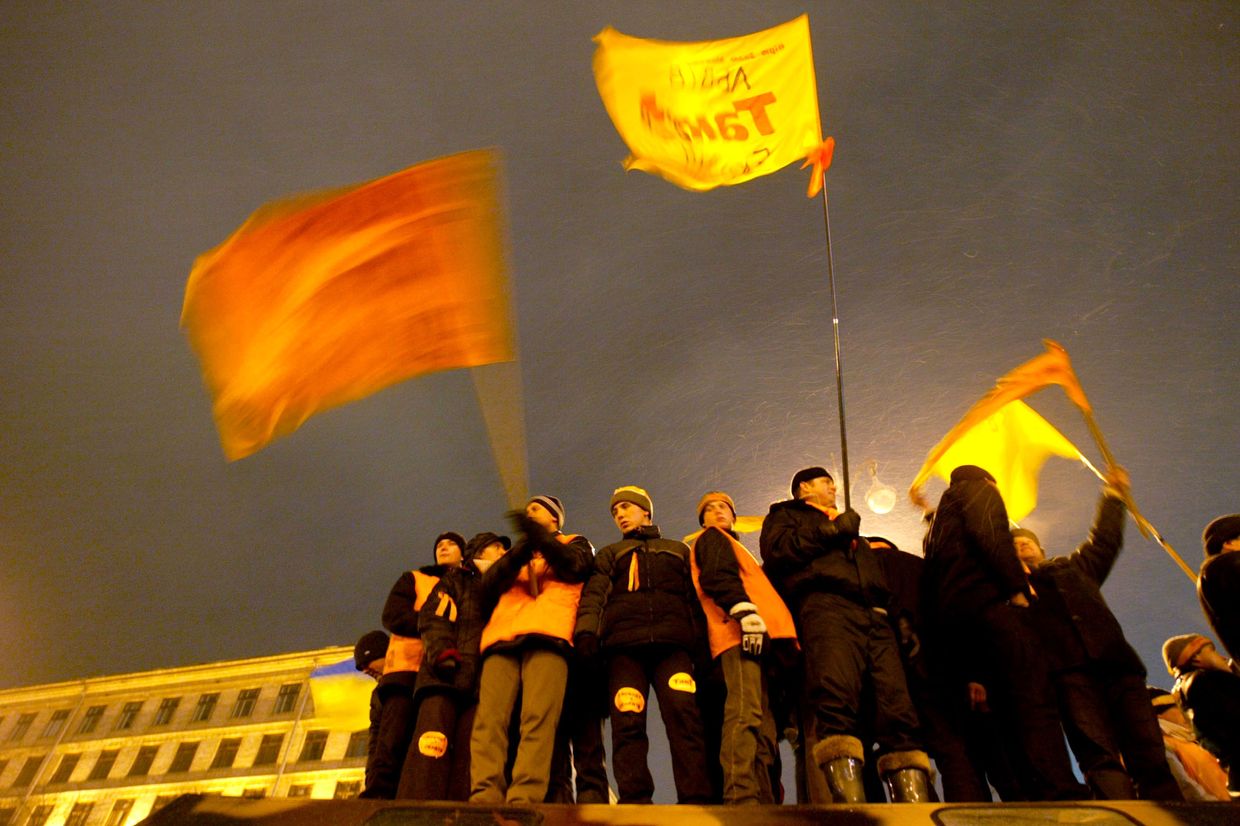Bloomberg: Declassified US intelligence memorandum details Russia's suspected targeting of political adversaries abroad

A declassified U.S. intelligence memorandum sheds light on Russia's suspected assassination attempts of political adversaries abroad, Bloomberg reported on Nov. 23.
The intelligence assessment, which Bloomberg obtained through the U.S.'s Freedom of Information Act, details how U.S. intelligence believed in 2016 that suspected Kremlin-ordered assassinations abroad would likely persist.
The document includes well-known cases, such as the murder of Alexander Litvinenko, a former FSB agent who defected to the U.K.
Litvinenko accused Putin's regime of a number of crimes, including that the FSB was allegedly behind the 1999 bombings of apartment buildings in Moscow and other Russian cities that were originally blamed on Chechen rebels. Among other things, he also said Putin and his circle had ties to organized crime.
Litvinenko died of radiation poisoning in 2006 and blamed Putin before his death. British intelligence concluded that Russia likely carried out the assassination, according to the U.S. intelligence memorandum.
The document also lists former Ukrainian President Viktor Yushchenko, who was poisoned on the campaign trail during the 2004 presidential election, leaving his face temporarily disfigured. It does not purport that Moscow was directly involved in his poisoning but states that his supporters believe Moscow was behind it.
Yushchenko, a pro-West politician, barely survived the poisoning during his election campaign in which he faced off against pro-Russian Prime Minister Viktor Yanukovych, backed by Putin.
Following the poising, Yushchenko went on to lead the Orange Revolution, a public uprising sparked by mass election fraud that saw Yanukovych being declared the winner. Following a new round of voting Yushchenko won and became Ukraine's third president only to lose to Yanukovych in the next election.
Bloomberg noted that, although the document was dated, it showed that the U.S. believed Moscow's willingness to target people abroad—ranging from Caucasus rebels to intelligence defectors and dissidents.











